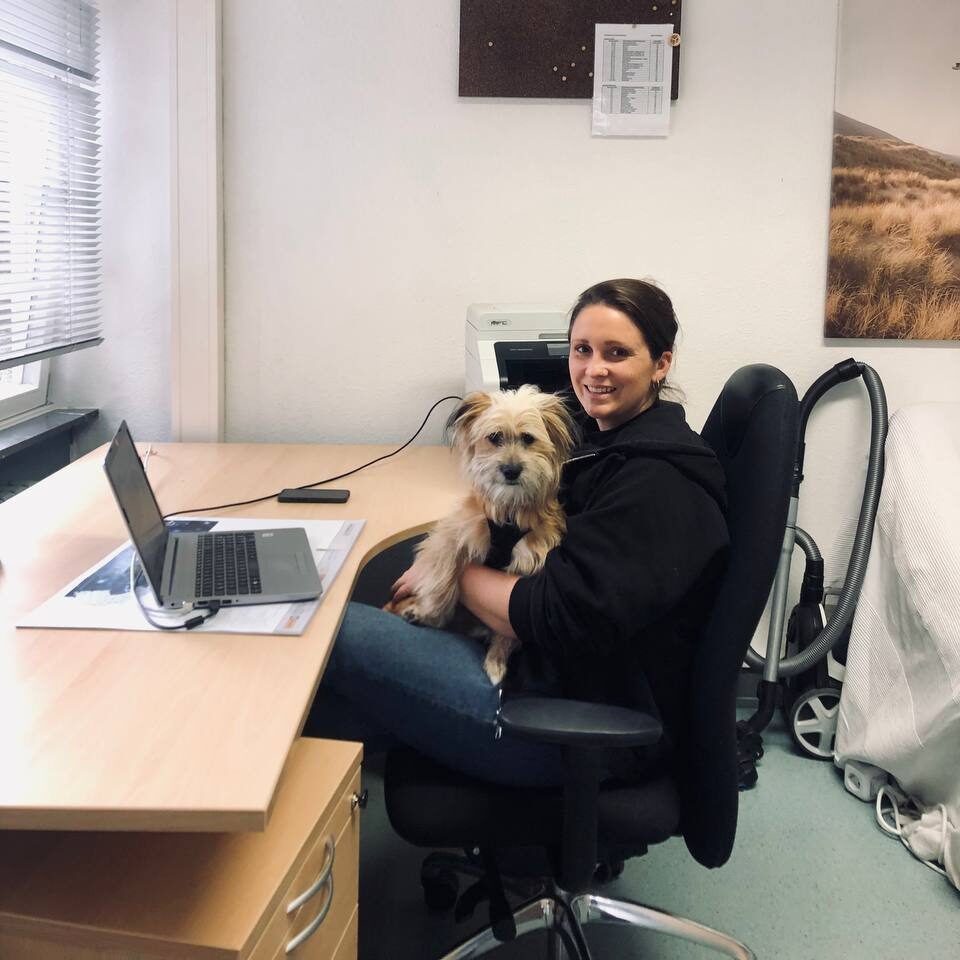Impostor syndrome describes the feeling of not being good enough despite success. Those affected are afraid that others might notice that they “have no ability at all” – even if they are actually qualified. There has been a lot of talk about this in recent years. But is it really a big problem or just a normal insecurity that some people have?
In everyday life, I sometimes feel like this: I do my best, but it doesn’t feel like it’s enough. Have I completed a degree? Yes. Do I feel like I can apply what I’ve learned? Well, not always. There are moments when I think to myself: Yes, exactly, I can! And then there are moments when I ask myself why I studied in the first place.
Who is affected and what can be done?
Women in particular often experience this feeling in schools, during training, at university or at work. Perfectionism, high expectations and few role models reinforce the doubt. But let’s be honest – almost all of us are in an environment where performance counts. No wonder we sometimes feel insecure!


How do I know if I have imposter syndrome?
If you are unsure, ask yourself the following questions:
- Do I believe my successes are just luck or coincidence?
- Am I afraid that others will notice that I’m not that good?
- Do I feel uncomfortable when I am praised?
- Do I often compare myself to others and think I am inferior?
If you answer “yes” to several of these questions, you may have imposter syndrome. In this case, it can help to talk to friends, family or someone you trust.
intombi for girls – verpasse keine News mehr
In unserem Girls for Girls Online Magazin stellen wir euch spannende junge Frauen vor, die ihre Passions verfolgen. Damit verändern sie die Welt. Für sich selbst. Und für andere. Ganz nach unserem Motto “Girls for Girls” teilen sie ihre Erfahrungen und geben Tipps für einen erfolgreichen Start in die Zukunft! 👭💕🌍
What can I do about it?
Here are a few tips that can help:
- Recognize your own successes: Be proud of what you have achieved!
- Talk to others: You are not alone with your doubts.
- Keep a diary: Write down your successes to become more aware of them.
- Think differently: Would you be so hard on a girlfriend? Probably not!?!
Why you can be proud of yourself
Not everyone has imposter syndrome, and that’s completely okay! Some are sure of their strengths, others have doubts more often. The important thing is: success is not something you have to apologize for. If you work hard, you can be proud of it! Whether you’re insecure sometimes or not – you have the right to believe in yourself.
If you are ever unsure about something, focus on other successes you have already achieved. This will help you build your confidence and remind you of what you have already accomplished.
Another tip from me: Stop comparing yourself. Instead, appreciate the strengths of others and remain open to change. There will always be someone who is better than you at certain things. But that doesn’t mean that you are doing something badly.
As a social worker, can I lead every game perfectly? Absolutely not! Maybe there is a volunteer who can do it even better. And that’s completely fine. Assessing yourself realistically also means exchanging ideas with others and remaining open to learning from people of all ages – young or old, big or small. And at the end of the day, it’s all about doing my best, isn’t it? 😊
“I deserve it. Not because I’m better than anyone,
but because I’m doing my personal best”


Kommentare